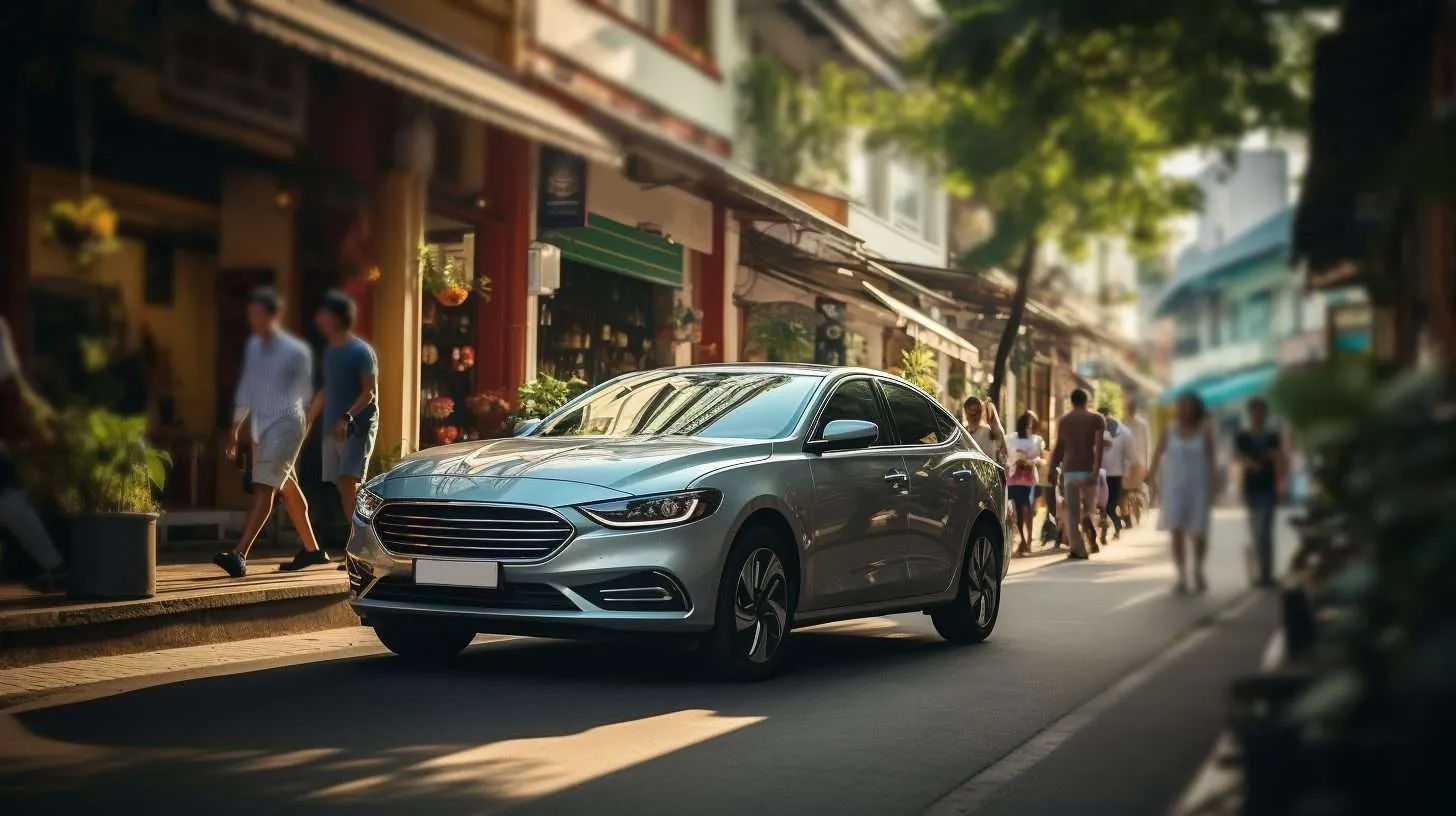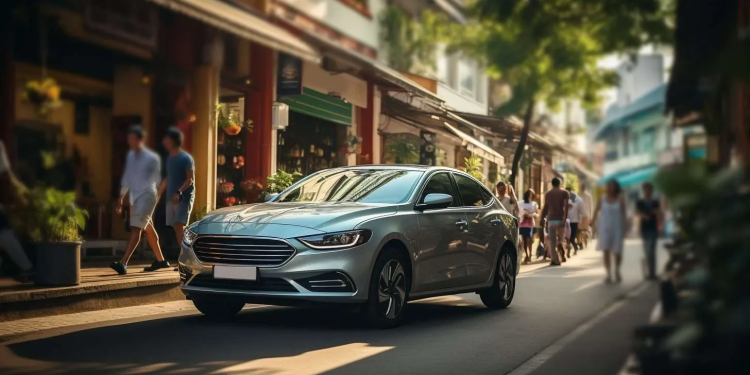Vietnamese car buyers are increasingly moving away from sedans, evidenced by a marked decrease in sales in this segment. In contrast, SUVs and crossovers are gaining significant traction, signaling a shift in consumer preference toward multi-purpose, high-chassis vehicles.

Decline in Sedan Sales
In the third quarter of 2024, sedans dominated the list of slow-selling models. Notable among these was the Honda Civic Type R, which sold only four units due to its high price of nearly 2.4 billion VND and limited market appeal as a niche, manual transmission vehicle. The Honda Accord also struggled, selling only 17 units despite price cuts of up to 100 million VND. Other sedans like the KIA Soluto, KIA K5, and Honda Civic similarly experienced poor sales, with just 5, 101, and 75 units sold, respectively.
The departure of Suzuki Ciaz from the market in May 2024 highlighted this trend. The model, long a staple of the slow-selling list, did not improve in sales before being discontinued.
Reasons Behind the Shift
The shift away from sedans is driven by several factors:
- Rising Popularity of High-Chassis Vehicles: SUVs, CUVs, and MPVs offer the versatility and adaptability that Vietnamese consumers value. These vehicles are better suited to the diverse terrain and urban settings found in Vietnam, making them a practical choice for families and larger groups.
- Price Sensitivity and Market Competition: Despite manufacturers and dealers reducing sedan prices by substantial margins, these efforts have not revived sales. The consistent influx of new SUV/CUV models from segments A, B, and B+ at competitive prices has made these high-chassis vehicles more appealing.
- Lack of Innovation in the Sedan Segment: In recent years, the sedan market has lacked significant updates, with only a few familiar models remaining. Meanwhile, the SUV and crossover segments have seen the introduction of numerous new and refreshed models, providing consumers with more options.
Global Reflection of a Local Trend
Vietnam’s trend aligns with global automotive market patterns. In regions like Europe and the U.S., sedan models from well-known brands such as BMW, Audi, Hyundai, Lexus, and Toyota have similarly struggled in 2024. This widespread shift underscores a larger move toward vehicles that offer more space, flexibility, and a higher driving position.
Industry Adaptation
Vietnamese automakers have been quick to recognize and respond to this trend, focusing their production and marketing efforts on SUVs, CUVs, and MPVs. Over the past two years, urban high-chassis vehicles have become the main sales drivers, replacing the sedan’s role as the flagship model.
Conclusion
The decline in sedan popularity in Vietnam reflects an evolution in consumer tastes driven by practicality, pricing, and the availability of new, versatile models. The market’s pivot toward SUVs and crossovers is likely to continue, reinforcing the need for manufacturers to innovate and adapt to these changing preferences.




